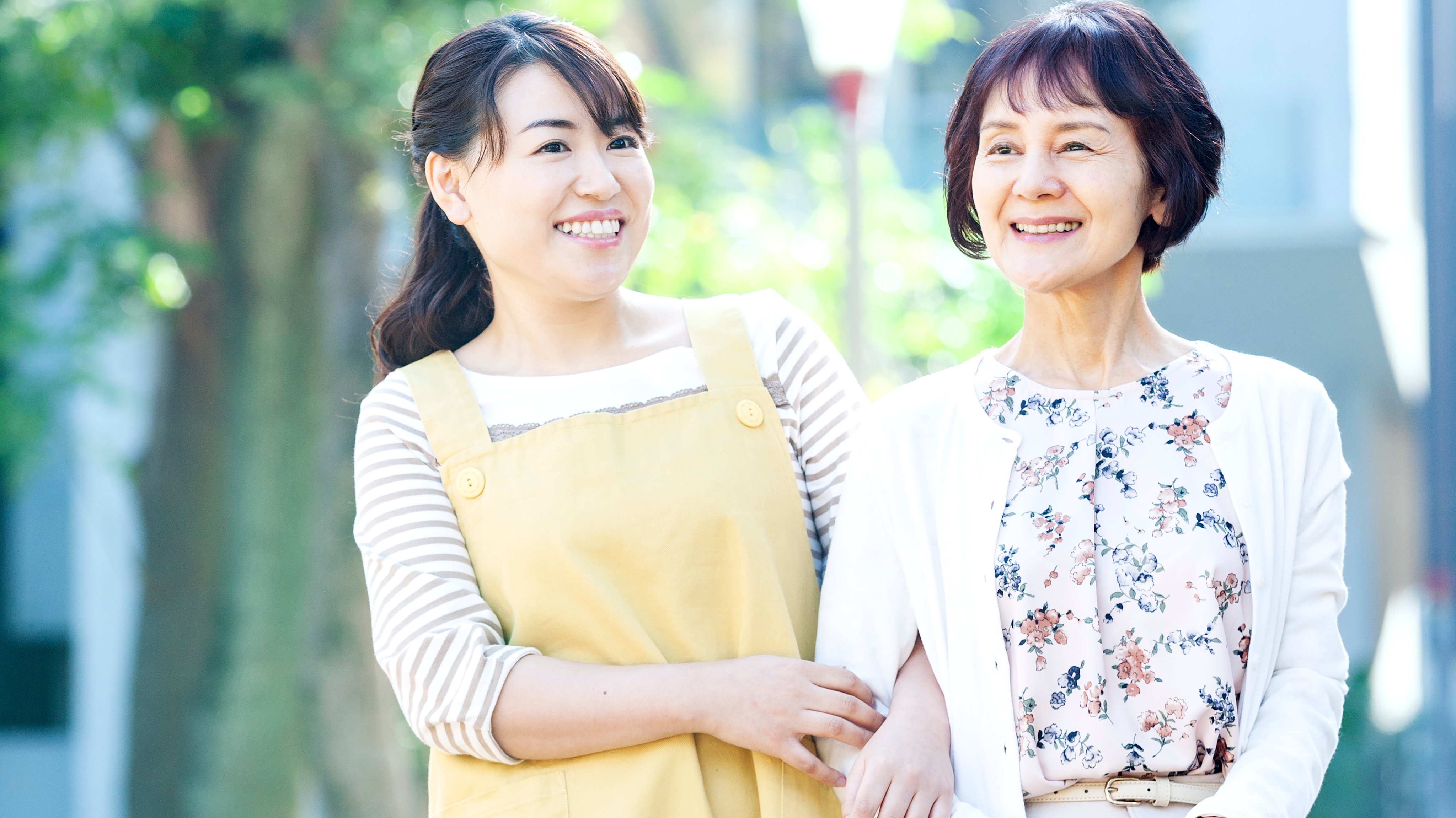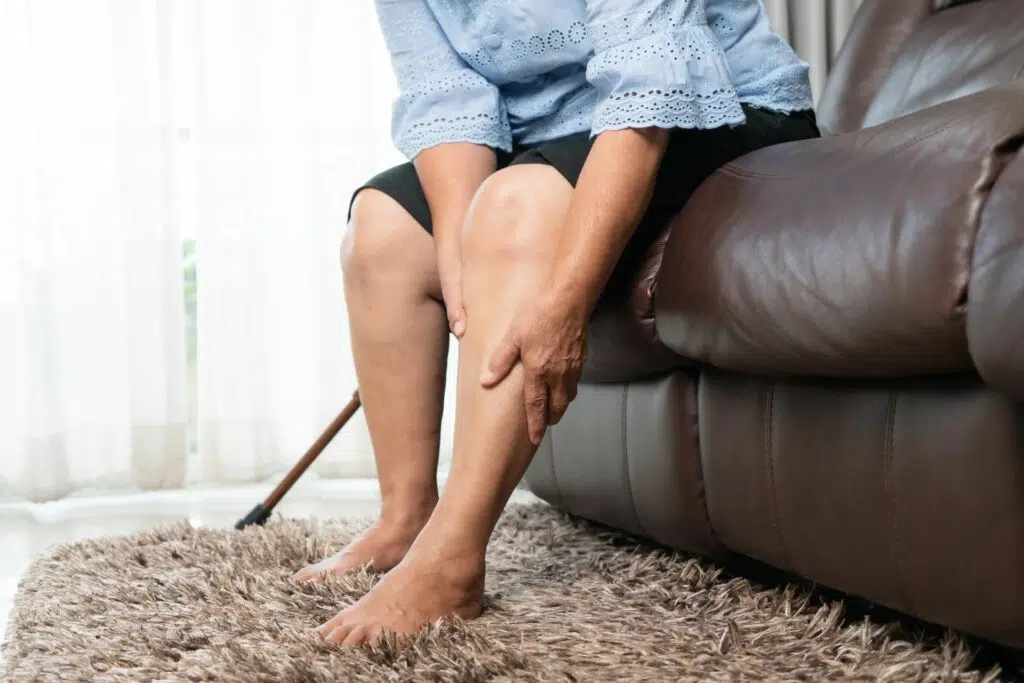Resources
Mobile Resource Library Tabs
Filters
Search
Categories Navigation
Asset Publisher
Content with Topic Family Caregiving .
Resources

Recognizing COVID-19 Scams
As COVID-19 impacts lives around the world, we may feel vulnerable, confused and in need of information, whether on how to keep ourselves and loved ones safe, or how to help support the doctors and nurses who work tirelessly to save lives. Sadly, the uncertainty of the times has also given rise to people who seek to take advantage of this vulnerability and confusion through scams, misinformation and false promises of cures and treatments. Our older loved ones may be particularly vulnerable to these scams as well. According to the Federal Trade Commission (FTC), adults over the age of 60 lose money to scams at twice the rate of people between 20 and 59.
Read MoreBy Julie Hayes | 04/15/2020

Solutions for Millennial Caregivers: Life Doesn’t Always Have to be This Hard
In many situations, it is easy to identify problems, but far more difficult to identify possible solutions. The caregiving challenges faced by millennials are no different. We may know the statistics, such as that millennials now represent 10 million of the current caregiver population, with 73 percent juggling their caregiving responsibilities with at least one other job. We may know the impact on their physical, financial, emotional and relational health. Caregivers are forever instructed to “manage their stress.” But what can millennial caregivers actually do to ease the burden that they carry each day?
Read MoreBy Lisa Weitzman | 04/15/2020

Quieting Restless Leg Syndrome: Caregiver Tips
Restless Leg Syndrome is usually diagnosed in people over the age of 50, and it affects an estimated 10 percent of older adults. Many with the condition view their restless legs as nothing more than an annoyance, and neglect to tell their doctor about their discomfort and let it go untreated. For others, the condition may disappear for a time for no apparent reason only to recur a few months later. If we are a caregiver of a loved one with RLS, knowing more about the disorder can help us understand what they are going through and explore different ways to help them find relief.
Read More04/15/2020

Sunday Self Care with David Bass
Dr. David Bass, Senior Vice President, Senior Research Scientist and Director of the Center for Research and Education at Benjamin Rose Institute on Aging, discusses resources for older adults and caregivers with Rabbi Brown of Temple Israel Akron.
WatchBy David Bass | 03/31/2020

Responding to COVID-19 as a Caregiver
News about the coronavirus (COVID-19) fills every airway. There is information about social distancing, tips for staying healthy and guidelines if you think you are ill. But there has been little, if any discussion about how to handle this public health crisis if you are the caregiver for an older adult or someone else in a high-risk category. How can you best manage their physical and emotional needs, and what can you do to take care of yourself?
Read MoreBy Lisa Weitzman | 03/20/2020
